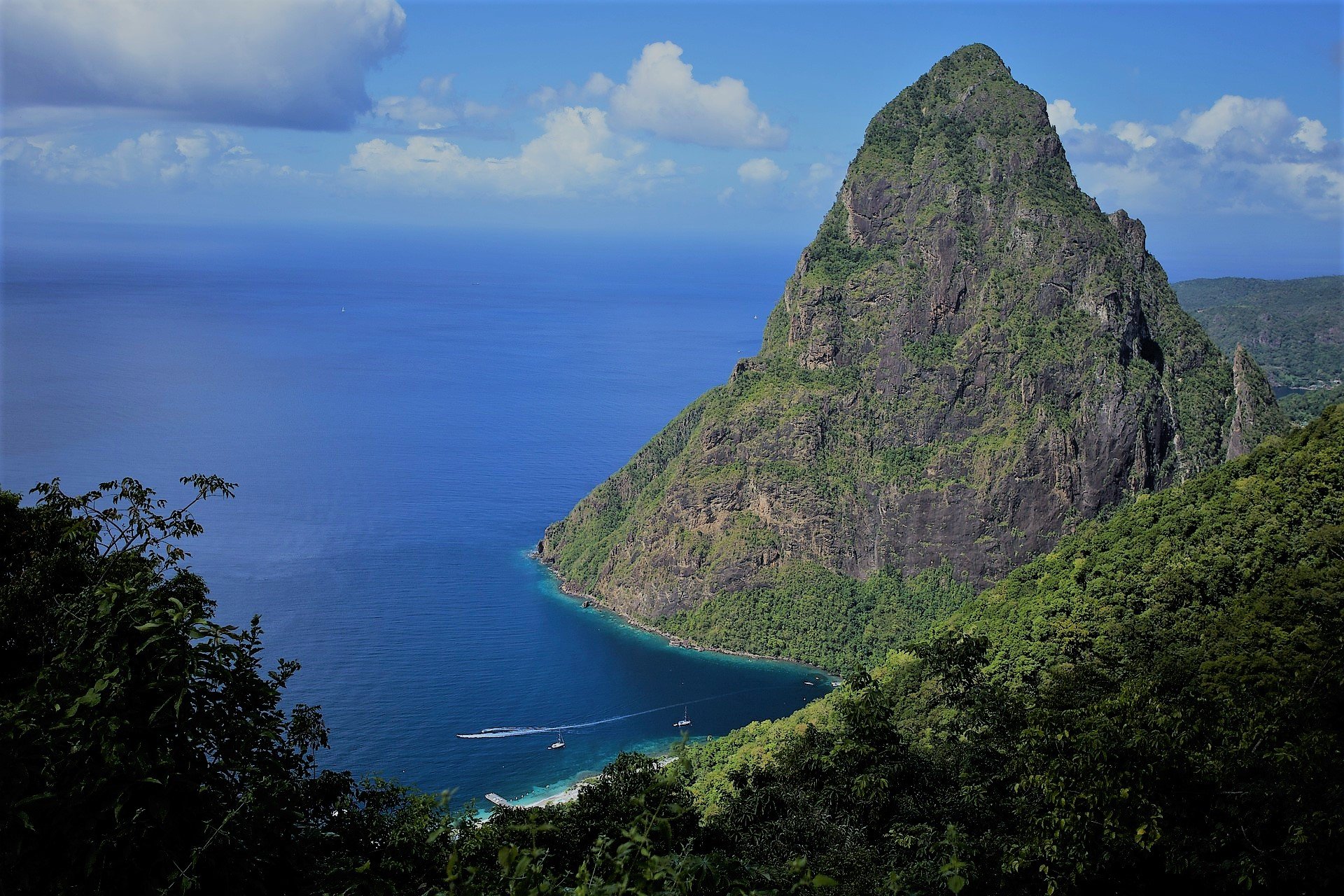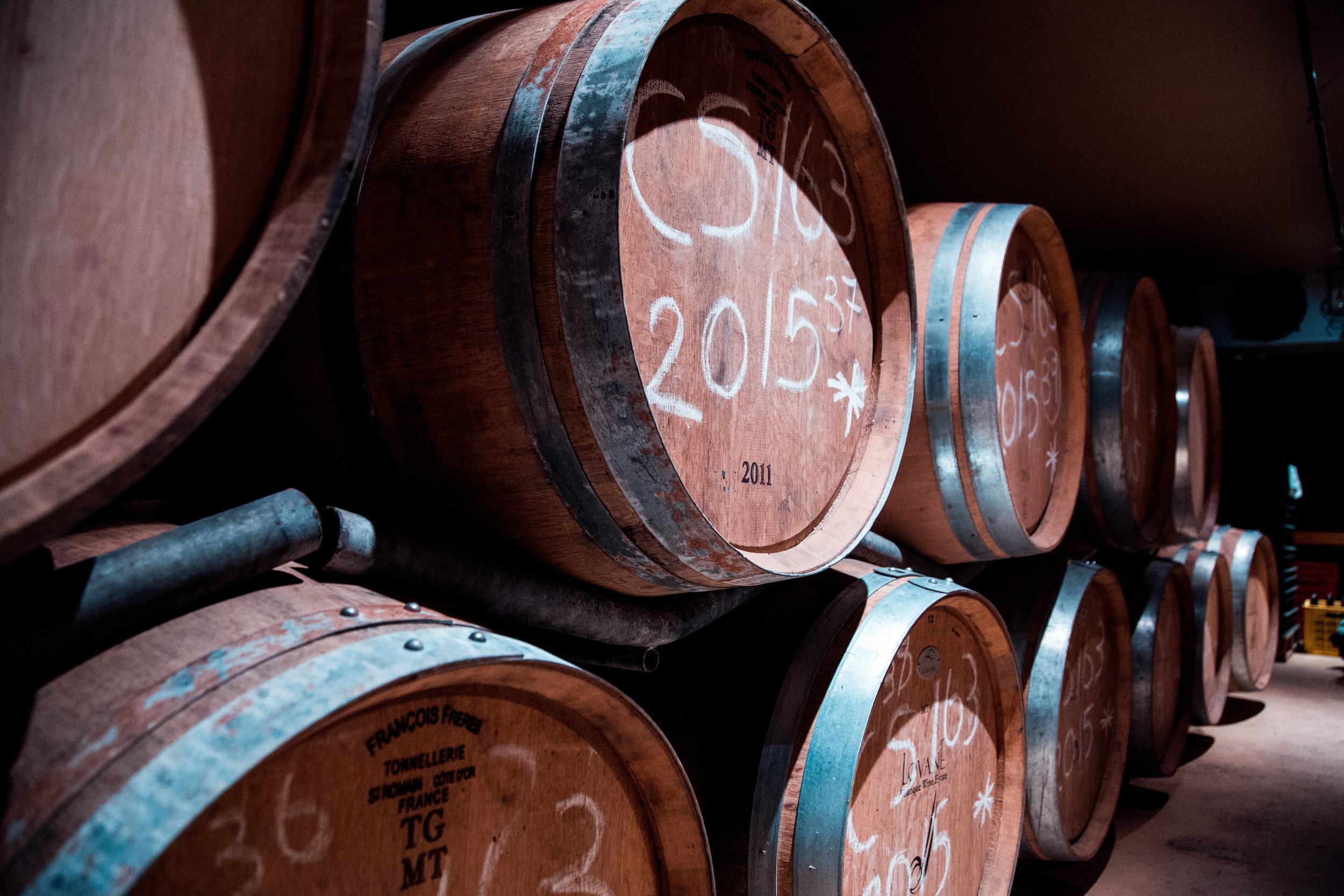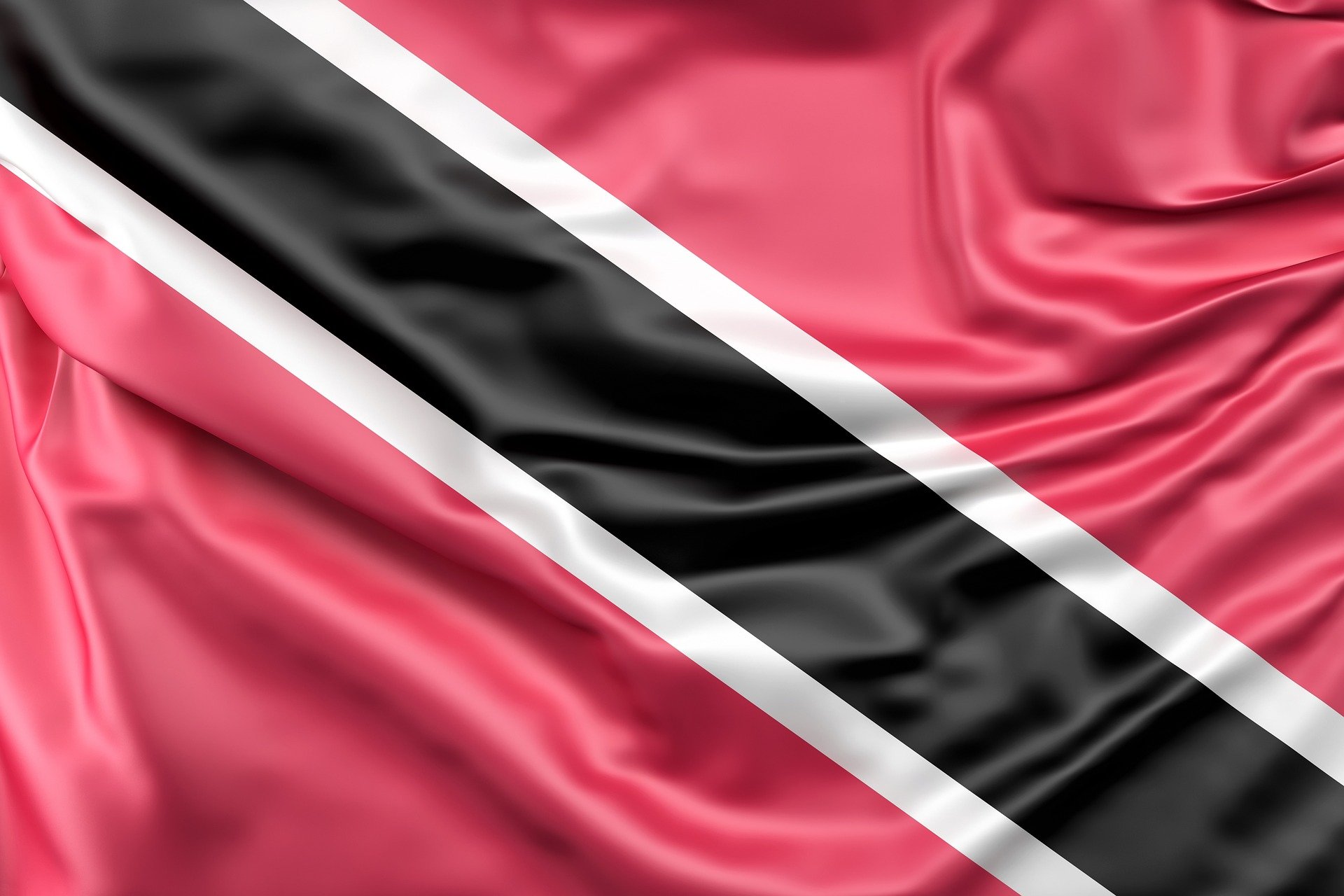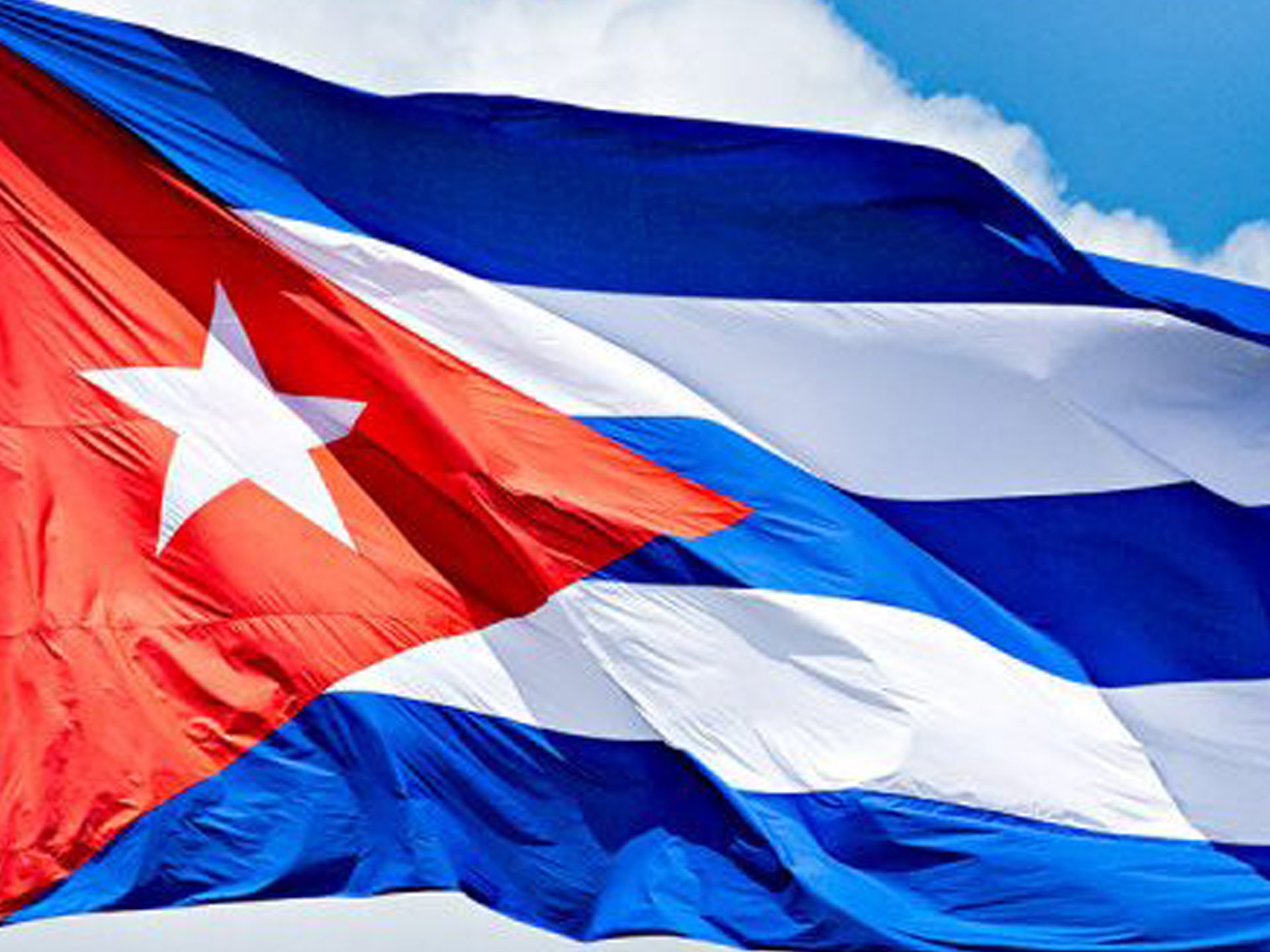
Decoding Guyana's Estates and Stills
One advantage of rum from independent bottlers is that the label usually says which distillery made it. Many Caribbean distilleries have distinct flavor profiles, so this information can provide a strong clue regarding how the rum in a bottle tastes.

Rum regions: Saint Lucia
Unlike islands like Jamaica, Barbados, Cuba and Martinique which were flagships of Caribbean rum-making for centuries, St. Lucia’s reputation as a top-tier rum maker came more recently. This isn’t to say St. Lucia is new to making rum …

Esters and Jamaican Rum
In our prior post, Where Does Rum Flavor Come From, we learned that the aromas and tastes in a rum originate from numerous organic compounds touching our olfactory sensors. Among the compounds are many permutations of acids, alcohols, and aldehydes, but it’s esters that make a rum geek’s heart beat faster, especially when it comes to Jamaican rum. To understand the particularly strong connection between esters and Jamaican rums, we must go back several centuries.

Rum Regions: Trinidad
Trinidad Rum is a bit of an enigma. While often mentioned in the same breath as Jamaican, Barbadian and Guyanese rum, the style of rum Trinidad makes today is substantially different than the others. Furthermore, its most highly sought-after rum hasn’t been made for two decades.

Rum Regions: Cuba
Cuban rum leads a double life. To some, it’s a light rum at the heart of countless daiquiris and mojitos over the decades. To others, its long-aged expressions are the pinnacle of aging mastery. Despite its position as one of the Caribbean’s most popular spirits, Cuban rum is shrouded in mystery.
